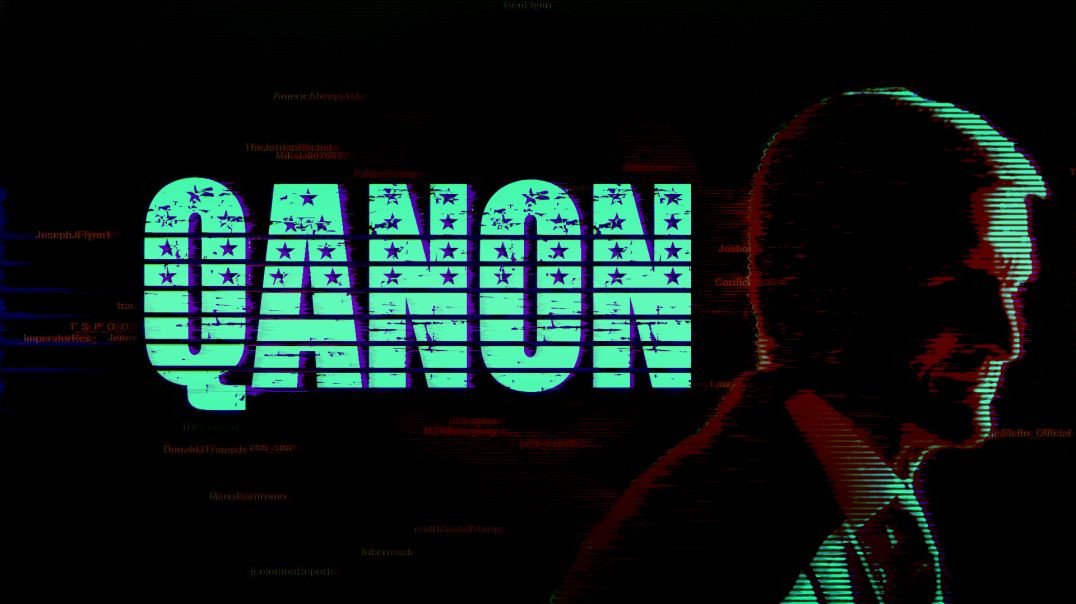115 Views· 06/21/24· Originales
The Conspiracy Distillery - Digital Soldiers vs Cyber Troopers
Cybertroopers and digital soldiers are terms often used in the context of internet propaganda, though they may have slightly different connotations and roles depending on the context in which they are used.
Cybertroopers
Cybertroopers, also known as "cyber warriors" or "troll armies," are individuals or groups employed, often by state actors, to influence public opinion and manipulate online discourse. Their activities can include spreading disinformation, harassing critics, amplifying certain narratives, and drowning out opposing views. These operations are typically organized and funded, with participants following specific directives to achieve their goals.
Characteristics of Cybertroopers:
- Often organized and state-sponsored.
- Engage in coordinated campaigns.
- Use fake accounts and bots to amplify their messages.
- Spread disinformation and propaganda.
- Target political opponents, activists, and journalists.
Digital Soldiers
Digital soldiers, a term popularized in part by the QAnon movement, refer to individuals who see themselves as part of an online grassroots movement fighting for a cause. Unlike cybertroopers, digital soldiers are usually not officially organized or funded by state actors. Instead, they are motivated by ideological beliefs and work voluntarily to spread their message. Their activities can overlap with those of cybertroopers, but the key difference is their decentralized and self-motivated nature.
Characteristics of Digital Soldiers:
- Often decentralized and grassroots-driven.
- Motivated by ideological beliefs.
- Work voluntarily, not for payment.
- Use social media to spread their message.
- Engage in online activism, sometimes involving conspiracy theories.
Comparison and Relation
While both cybertroopers and digital soldiers engage in online propaganda and information warfare, they differ primarily in organization, motivation, and methods. Cybertroopers are typically organized and directed by state actors with clear objectives and strategies. Digital soldiers, on the other hand, are usually self-motivated individuals or small groups driven by personal or ideological convictions.
However, the lines between these two groups can sometimes blur. For example, state actors might exploit the enthusiasm and reach of digital soldiers to further their own agendas, while digital soldiers might adopt some of the tactics used by more organized groups.
Key Differences
1. Organization:
- Cybertroopers: State-sponsored and coordinated.
- Digital Soldiers: Decentralized and self-organized.
2. Motivation:
- **Cybertroopers:** Financial or professional incentives.
- **Digital Soldiers:** Ideological or personal beliefs.
3. Methods:
- Cybertroopers: Use of bots, fake accounts, and coordinated campaigns.
- Digital Soldiers: Organic social media activity and grassroots movements.
Understanding the distinction between these two can help in recognizing the varied sources and motivations behind online propaganda efforts.






0 Comments